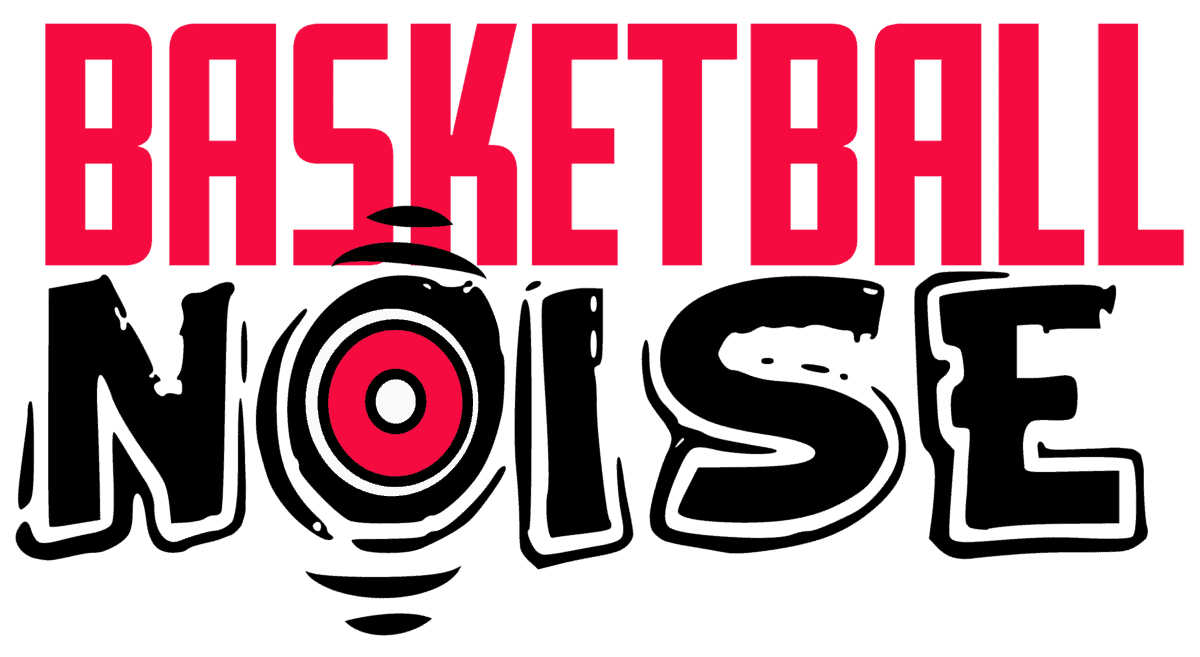NBA Players get paid on the 15th of every month with a majority of NBA players getting direct deposits from their team.
The Salary Process
According to the NBA’s Collective Bargaining Agreement (CBA) since 2017, players receive their pay cheques on the first and 15th of every month. Unfortunately, the bargaining agreement does not stipulate on whether these payments are physical cheques or direct deposits. The CBA also lists the processes of bonuses, escrow and advances, but these are also not specific in the nature for how they are distributed.
Former NBA player Jalen Rose revealed on his podcast that players receive direct deposits for their earnings, but surprisingly, this isn’t the case for all players.
The Variations of Pay
It would be expected that players would have a direct deposit for their salary given the dollar amount, but the process isn’t as straight forward as it seems.
Legally, a direct deposit isn’t a requirement for all states. In states like New York and California, employees (players) must agree to receive their salary via direct deposit.
As most players make multi millions a year, it is anticipated they would have bank accounts to receive these type of payments, but there are a lot of players that prefer to cash their cheques immediately. Some may view this as financially irresponsible, but this is their right by law.
The CBA also discusses the opportunity for advanced cheques.
As currently constructed, the CBA allows players to receive up to 80% of their salary before November 1st, which in typical seasons would be just after the start of the regular season. An example of this was the late great Kobe Bryant, who made headlines as he received a $24.3 million cheque for 80% of his salary in 2013.
It’s important to note that NBA guidelines allow players to receive incredibly large individual cheques if they earn a high enough salary. The NBA also takes steps to ensure players don’t spend their salary all at once, as in addition to the 80% guaranteed salary limit, the league also puts a 50% limit on base salary cheques for the lesser earning players. We put together a video of the most paid players in the NBA.
How often to players get paid?
The frequency of player payments throughout the league varies from situation to situation and player to player.
In general, players are paid on a bi-weekly basis during the regular season. Although it’s believed most are paid this way, players can absolutely negotiate a different payment structure from a procedure standpoint.
From monthly, half yearly or all at once, player’s and their agents have the ability to negotiate a payment structure that suits their lifestyle and financial objectives. Like we’ve established, Bryant agreed quite a unique payment structure to receive 80% of his salary in one lump sum, and ultimately, it is a case by case scenario in the association.
How about Bonuses?
Similar to yearly salary, player bonuses can vary on when they are given out.
The difference, however, is player bonuses are usually dictated on the time in which these agreements are activated.
For example, if a player has a bonus for making an NBA All-Star team, that bonus will likely be paid during All-Star break. If a player has a bonus for making an All-NBA Team, that bonus will usually be paid after the regular season and so on and so forth.
Additionally, if a player has a sign on bonus for joining a franchise, that bonus is usually paid immediately after committing to the organization via any way the player chooses. Like all things, players can of course negotiate how and when these bonuses are paid despite their timing. On the rare occasion, player bonuses can even be agreements outside of monetary value.
Players have become more Financially Intelligent Over Time
It wasn’t that long ago that most players in the NBA were financially inept.
There was no education on personal finance, nor was there any guidance when making financial decisions.
Nowadays however, players have become money savvy and financially educated to maximise their earnings. Smarter investments and researched decision making have become common practice, as players understand the importance of being financially secure beyond their playing days.
Atlanta Hawks point guard Trae Young tracks his spending and prefers to pay less with fast food than dining at expensive restaurants, Klay Thompson leans on the money mistakes he made as a rookie to drive his decisions now, and ex scoring machine Gilbert Arenas had to live like a college student to avoid debt during his career.
Furthermore, the NBA introduced the “Rookie Transition Program” in 1986, which encourages new players to spend their money wisely. Although rookie contracts are more than most people will make in their lifetime, this program is particularly important considering they are the lowest paid players in the league, and usually have no experience on handling significant amounts of money.
All in all, the NBA make transactions in a variety of ways every single day. With player contracts becoming so diverse across the league, there aren’t many things players can’t do to influence how and when they receive their salary.
